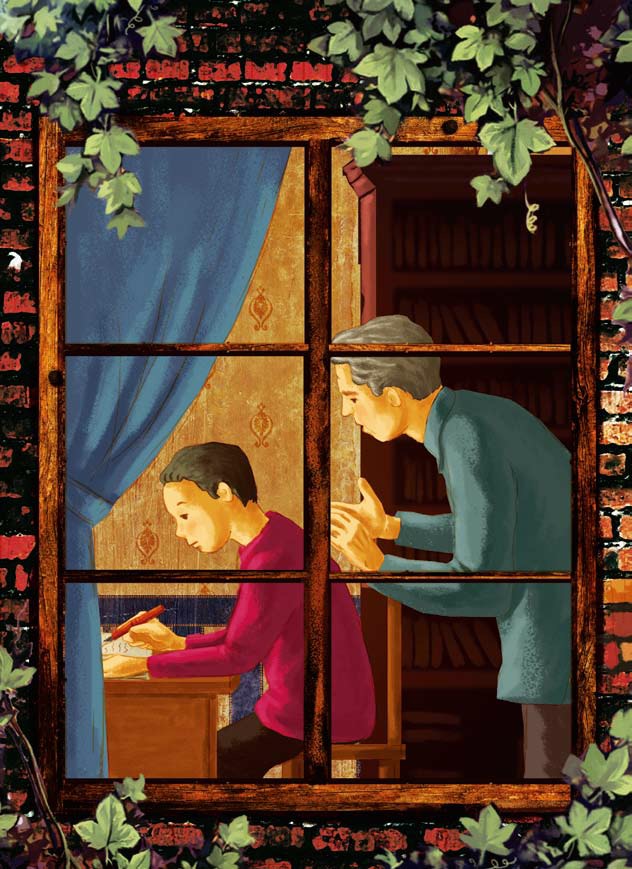While they were bleeding him, and the fever was increasing, he was thinking of his country, and he said imperiously: "Cure me; my mind is clouding over; I have need of all my faculties to manage important affairs." When he was already reduced to extremities, and the whole city was in a tumult, and the king stood at his bedside, he said anxiously, "I have many things to say to you, Sire, many things to show you; but I am ill; I cannot, I cannot;" and he was in despair.

His delirium increased; death hovered over him, and with burning words he invoked General Garibaldi, with whom he had had disagreements, and Venice and Rome, which were not yet free: he had vast visions of the future of Italy and of Europe; he dreamed of a foreign invasion; he inquired where the corps of the army were, and the generals; he still trembled for us, for his people. His great sorrow was not, you understand, that he felt that his life was going, but to see himself fleeing his country, which still had need of him, and for which he had, in a few years, worn out the measureless forces of his miraculous organism. He died with the battle-cry in his throat, and his death was as great as his life. Now reflect a little, Enrico, what sort of a thing is our labor, which nevertheless so weighs us down; what are our griefs, our death itself, in the face of the toils, the terrible anxieties, the tremendous agonies of these men upon whose hearts rests a world! Think of this, my son, when you pass before that marble image, and say to it, "Glory!" in your heart.












